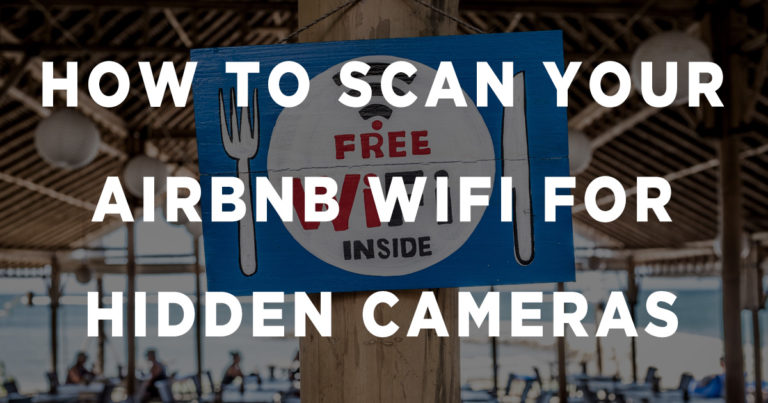reMarkable 2 Project Planner Template 2024
I found a fantastic project planning template for reMarkable 2 tablets on Etsy:
why exactly does my VCR blink 12:00?
I found a fantastic project planning template for reMarkable 2 tablets on Etsy:

Anyone else that can’t find the IFTTT plugin in the ChatGPT plugin directory? It was there recently but seems to have been removed.

A list of free iOS and Android apps to scan Wi-Fi networks for connected devices like hidden video cameras. Use your iPhone or Android phone … Read more
My inner geek thinks this is seriously brilliant. We’ll need to rethink a few things…We’ll need to rethink copyrightWe’ll need to rethink authorshipWe’ll need to … Read more
Apple, Music, News, Politics, Technology
In a recent article on Reuters, the author points out the limitations companies like Apple place on your online music downloads. Issues like limitation to … Read more
Business, News, Politics, Technology
Do you buy books online, use Google, or download to an Ipod? These activities will be hurt if Congress passes a radical law that gives … Read more
Google Mars is up with some amazing pictures of the Martian landscape from NASA. The pictures are available in three ways: an ‘elevation’ topographic model, … Read more
Business, Development, Lifehacks, News, Technology
In case you haven’t seen it, Basecamp is a website for project management, but more to the point, it is quite possibly the best collaborative … Read more
Need help discovering new music? The creators of the Music Genome Project have the answer in Pandora. By analyzing the elements of your favourite artists’ … Read more
How many of your website’s pages are listed on Google? Simply type site:ethannonsequitur.com inurl:ethannonsequitur.com into Google’s searchbox after changing ethannonsequitur.com to your own site’s URL … Read more
Now available, Start.com is Microsoft’s answer to the Google Start Page. While the page doesn’t have any Microsoft identification besides the copyright, it is an … Read more
CNN Money is reporting that Hewlett-Packard is discontuing its relationship with Apple in selling dual-branded HP | Apple iPods. According to Apple spokeswoman Katie Cotton, … Read more